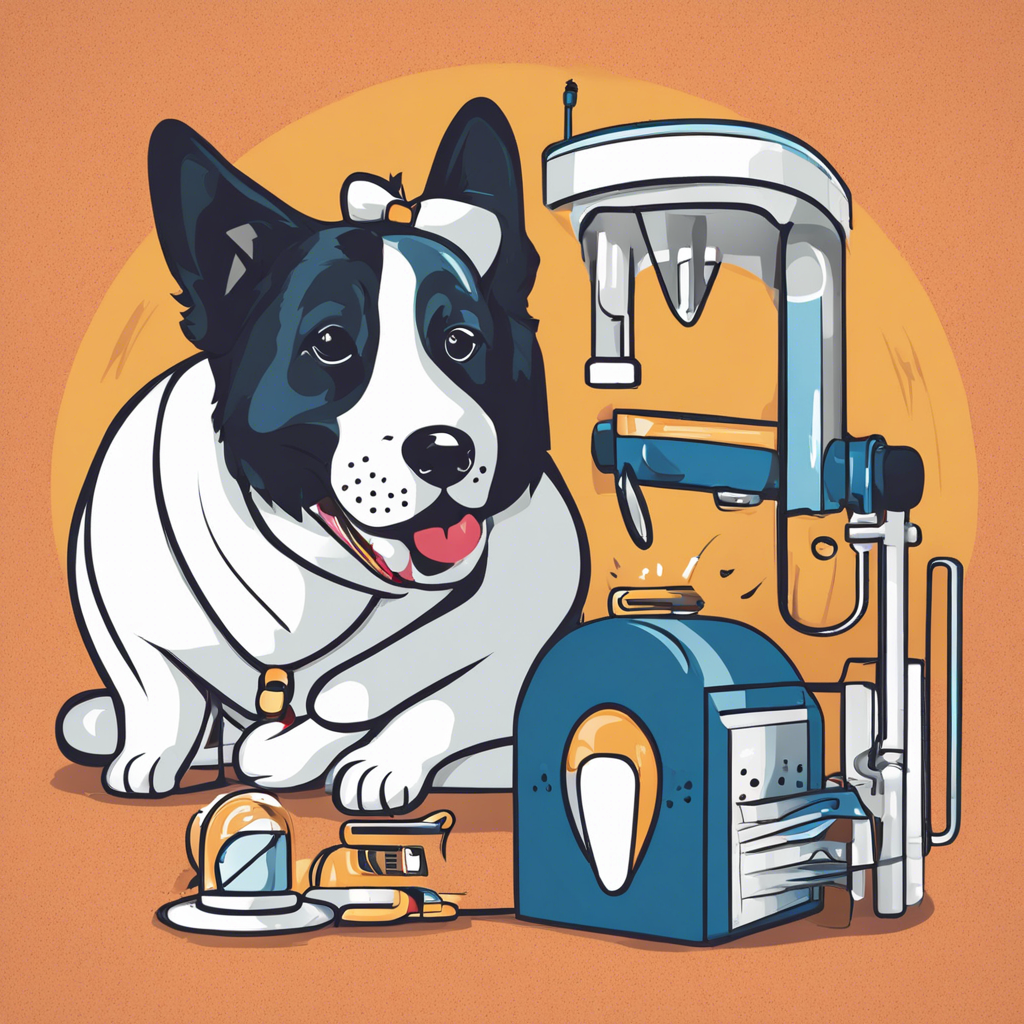Bringing your furry friend to their first veterinary appointment is an important step in ensuring a lifetime of good health and happiness for your pet. This visit sets the foundation for their veterinary care and can be an exciting yet potentially stressful experience for both you and your pet. Here’s what you can expect during this inaugural trip and some tips to make it a smooth and beneficial one.
**Choosing a Veterinarian:**
Before the big day, take time to select a veterinarian you trust and feel comfortable with. Recommendations from friends or family can be a great starting point. Look for a veterinarian who is licensed, experienced, and has a good reputation. You might want to consider factors like their communication style, the clinic’s location, and their hours of operation to find the best fit for you and your pet’s needs.
**Preparing for the Visit:**
Prepare a list of questions or concerns you might have about your pet’s health, behavior, diet, or any other topics you’d like to discuss. If your pet is older or has been adopted, gather any medical records you have, including vaccination history. If your pet has any fears or unique behaviors, such as sensitivity to sounds or being more comfortable with a particular family member, inform the veterinarian beforehand to ensure a tailored and comfortable experience.
Also, bring a favorite toy or treat to help soothe your pet during the visit, and consider using a carrier or leash for safety and comfort during travel and in the waiting area.
**The First Exam:**
During the appointment, the veterinarian will conduct a thorough examination, checking your pet’s overall health and temperament. This will typically include checking the ears, eyes, mouth, teeth, and coat, as well as listening to their heart and lungs and palpating the abdomen. The vet will also assess your pet’s behavior and mobility.
They will ask you about your pet’s diet, any changes in behavior, and may offer advice on nutrition, exercise, and general care. This is a great opportunity to discuss any concerns you have and get professional advice. The vet might also recommend preventive measures like vaccinations, parasite control, or spaying/neutering if applicable.
**Diagnostics and Preventive Care:**
Depending on your pet’s age and health, the vet might recommend diagnostic tests such as blood work, fecal exams, or urinalysis to establish a baseline for future reference and detect any underlying issues early. These tests provide valuable insights into your pet’s health and can be essential for catching problems before they become more serious. Vaccinations will also be discussed and administered as needed to protect your pet from preventable diseases.
**Post-Visit Care:**
After the visit, ensure you follow the veterinarian’s instructions regarding any prescribed medications, follow-up appointments, or changes in your pet’s care regimen. Pay close attention to your pet’s behavior; they may be a bit tired after the visit and might need some extra TLC.
Your pet’s first vet visit is an essential step in their journey to a healthy life. It’s an opportunity to establish a good relationship with your veterinarian, gain valuable health information, and ensure your pet receives the best care possible. With proper preparation, this visit can be a positive and beneficial experience for both you and your furry friend, setting the stage for a long and happy life together!
Remember, this visit is as much about educating yourself as it is about your pet’s health, so don’t hesitate to ask questions and take an active role in your pet’s veterinary care.

